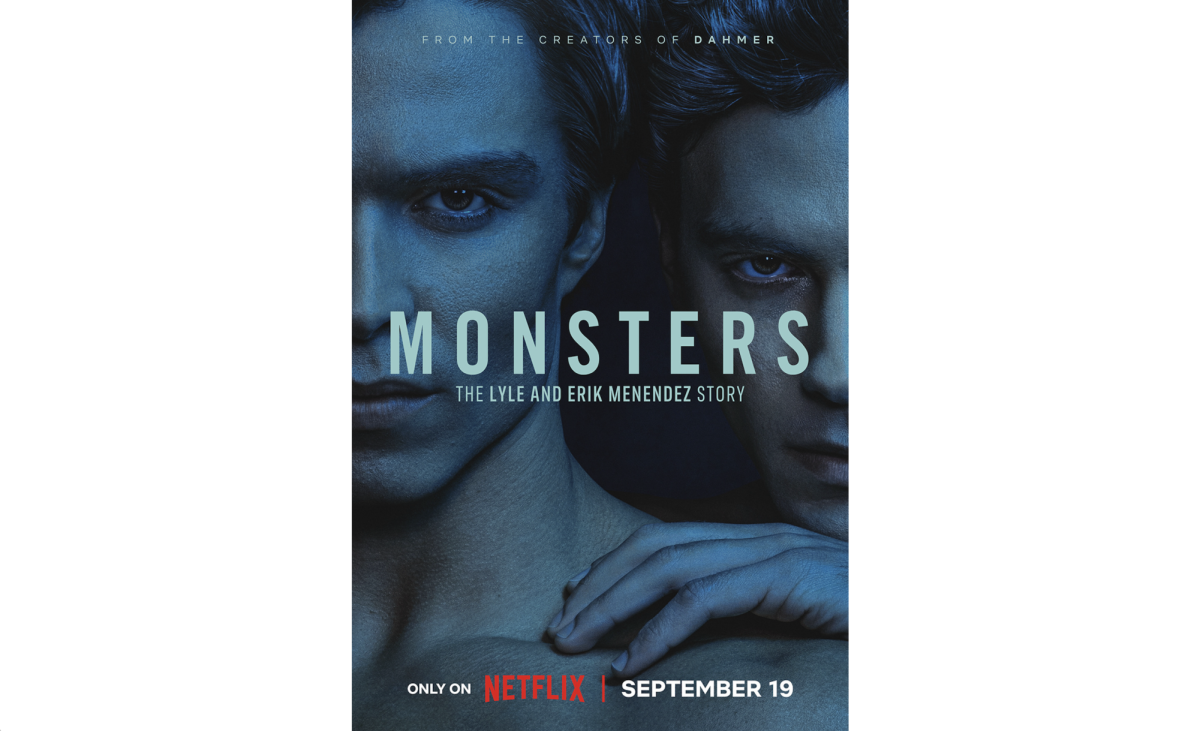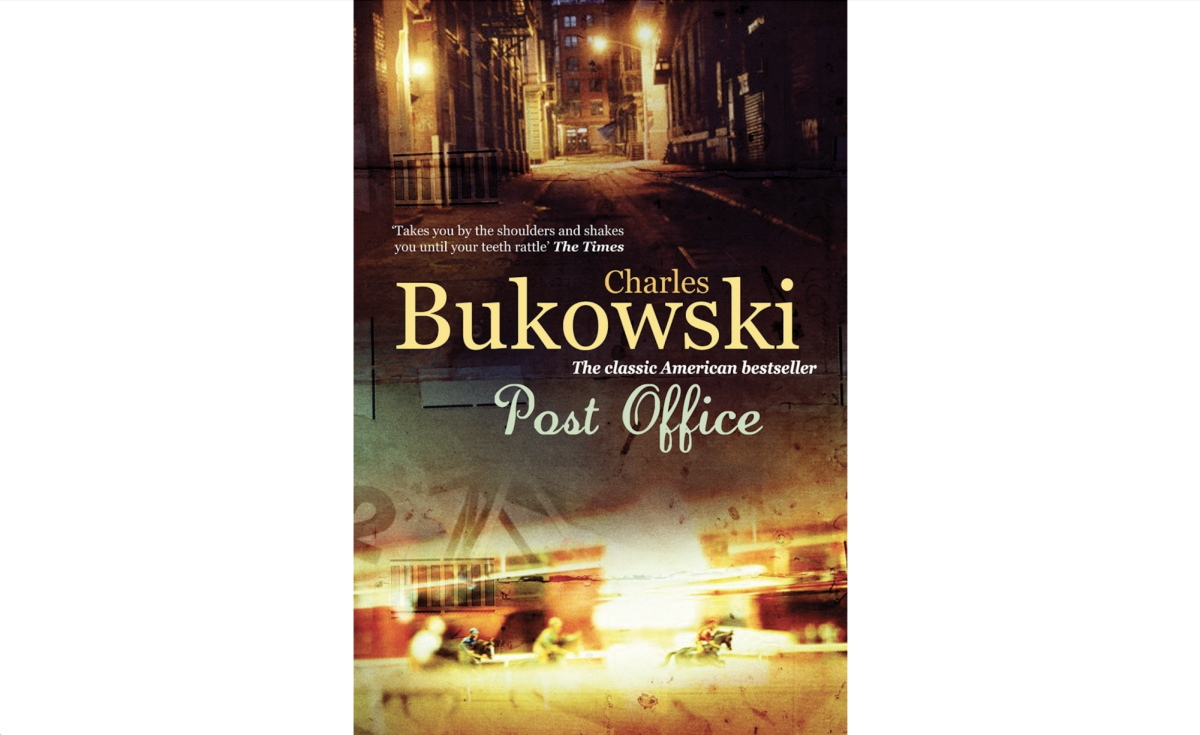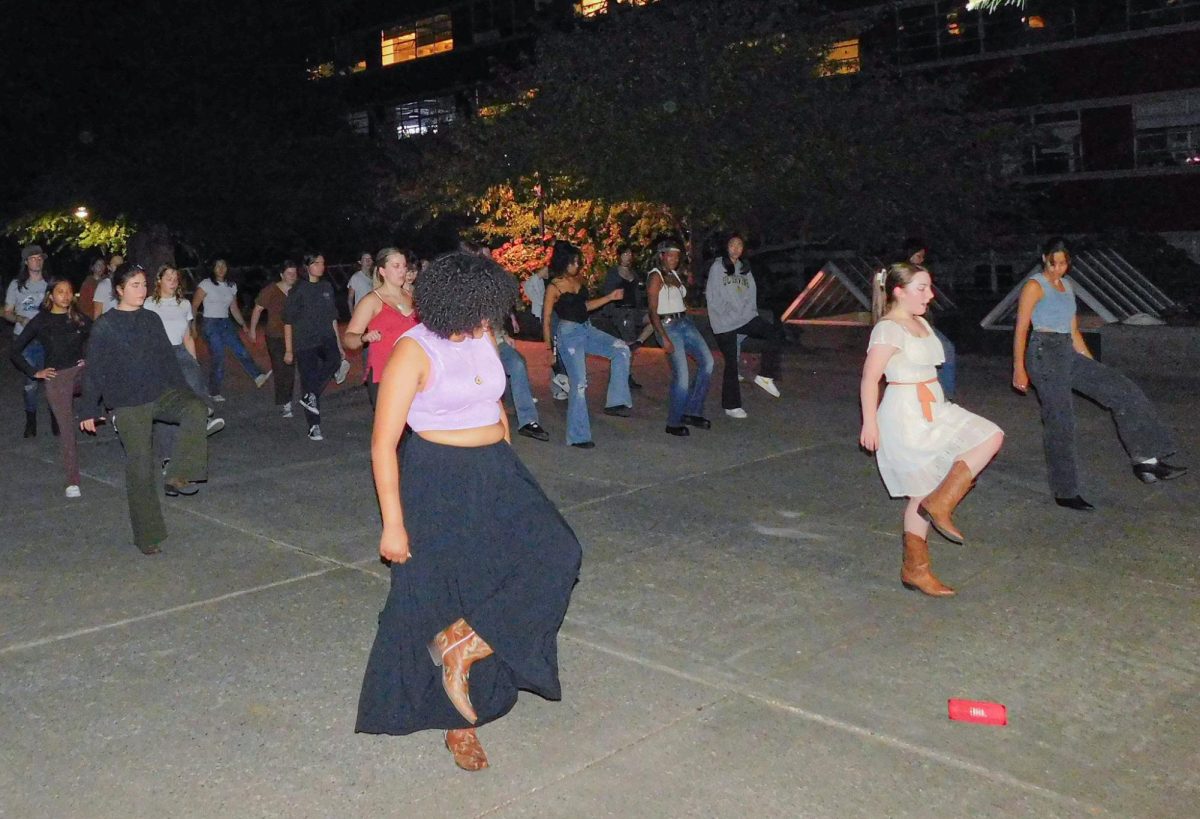“I deeply apologize to writers. I deeply apologize to unions [about] my decision to go back to the show. I didn’t want to hide behind people so I won’t… I’ll just stand out there and accept and be responsible,” Drew Barrymore said.
After deciding to reboot her daytime talk show in the midst of the Hollywood writers’ strike, the backlash Barrymore received was immediate and intense. In response, she released an apology video where she acknowledged the response, but insisted on bringing back the show. She soon after deleted the video and announced she would be suspending the show after all, stating that it would have been best if she did not say anything at all.
Barrymore’s hopes to share a genuine apology video only to receive backlash is a perfect example of what happens in most celebrity apology videos.
Ella Ohlson, a second-year international studies major, expressed that she finds that celebrity apology videos solve nothing.
“When I think of celebrity apology videos, I think disingenuous. Most of the time they are only interested in covering themselves and never coming from a place of remorse, nor are they interested in bettering themselves,” Ohlson said. “You can see right through the person and their whole strategy at that point becomes ineffective.”
The general public has an inherent distrust towards celebrities as many of their actions can feel performative. In a BBC article, Karina Schumann, an associate professor in social psychology at the University of Pittsburgh, referenced a subtle aspect to these apologies that fans and viewers may have already picked up on.
“Public figures have moved their ‘sorry’ to social media because winning back a fan base is often the fastest and most strategic way to save their reputations,” Schumann said to BBC.
Celebrity apology videos have become such a substantial part of modern media culture that some could argue they have their own aesthetic. These videos are often set in the person’s home with them appearing unconventionally makeup-less, on occasion with tears in their eyes or even sitting on the floor.
Isabelle Fong, a second-year international studies major, expressed that she often feels skeptical of celebrities and influencers when they post apology videos.
Fong went on to express that one of the worst apology videos she’s seen online was Colleen Ballinger’s, who is well-known for her fictional alter ego, Miranda Sings. Ballinger has faced several accusations regarding her inappropriate behavior with underage fans in the past few years. In June, the YouTube star posted an awkward video, ukulele in hand, singing her defense, quickly becoming widely mocked online. Ballinger is a more recent example of what becomes of apology videos; memes and mockery.
Rather than holding themselves accountable, Fong thinks that many of them put up a public facade to feign responsibility. Whether or not their apology is genuine is up to individual interpretation.
“I think that celebrities try to have a really ‘raw’ approach and try to convey, ‘Oh, this is coming from a deep place in my heart,’ but I always think ‘Is it?’ It’s an edited video that could’ve been recorded several times and it’s hard to tell if it’s sincere. But then again that’s the whole thing with social media, you can’t immediately tell who is being genuine and who’s not,” Fong said.
Abby Fitzwater, a second-year international studies major, thinks that cancel culture and apology videos are closely intertwined with one another. However, it has evolved into something more sinister rather than promoting the idea that people can grow from their mistakes.
“It’s kind of a twisted cycle because we cancel people for various things and then demand an apology from them, but then once they deliver we jump at the chance to make fun of it and use it as another source to attack that person,” Fitzwater said.










![“The Substance”: Shocking, Vomit-Inducing and Brilliant [REVIEW & SPOILERS]](https://seattlespectator.com/wp-content/uploads/2024/10/TSR-COLOR-ZAM-1200x900.jpg)





